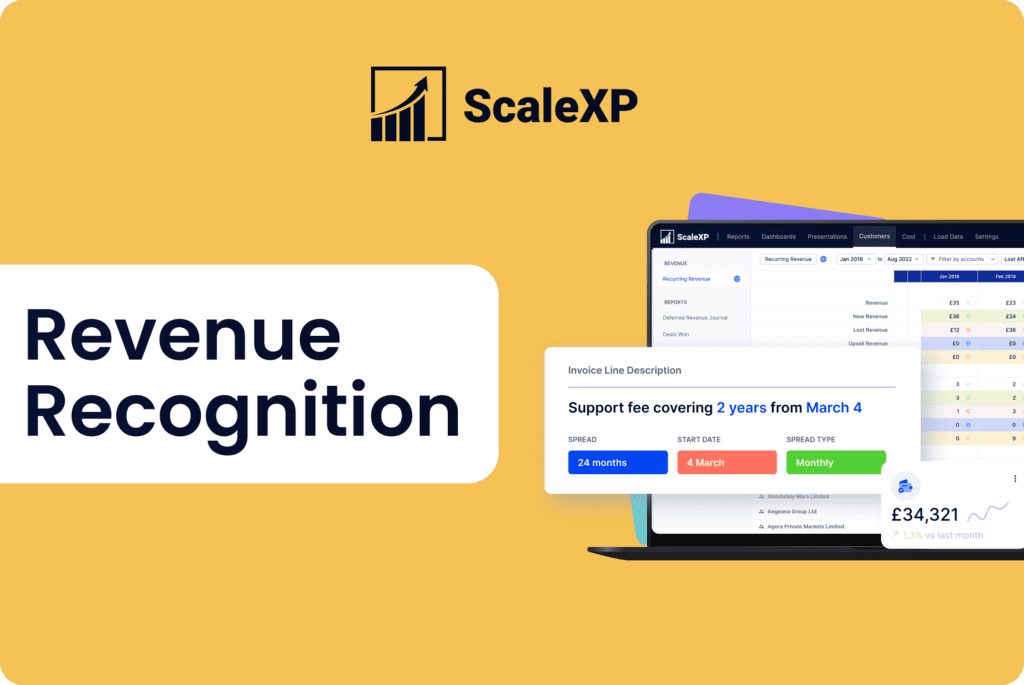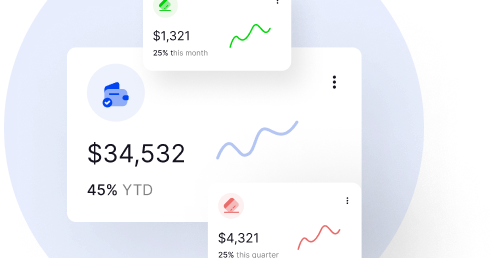What is deferred revenue?
Deferred revenue represents the amount of money that has been received from customers for goods or services not yet delivered. It is a critical component of accrual accounting, as it ensures that revenue is recognised as it is earned.
Is deferred revenue on the income statement?
Deferred revenue is a liability for your company’s balance sheet, as it represents the amount of money that has been received from a customer for goods or services that have not yet been delivered or provided. This means that your company has an obligation to provide the goods or services to the customer in the future.
For example, if a university invoices its students at the start of the term, it will record deferred revenue at the start of the term as a liability on the balance sheet. In a three-month term, the revenue would be recognised equally over those three months.
Is deferred revenue working capital?
Yes, deferred revenue is most typically included in working capital.
On rare occasions, when the goods or services are provided over a period longer than 12 months, deferred revenue may be reconsidered as a long term liability. In this case, it is not part of your working capital.
What is a deferred revenue journal entry?
Deferred revenue journal entries are the accounting transactions used to record the recognition of deferred revenue on your company’s financial statements.
Most typically, a single deferred revenue transaction will generate many accounting journal entries. As an example, if a company supplies software under an annual contract for $12,000, the deferred revenue journals will be:
When the invoice is issued:
- Debit Accounts Receivable: $12,000
- Credit Deferred revenue: $12,000
Every month of the contract:
- Debit Deferred Revenue: $1,000
- Credit Sales or Revenue: $1,000
Sadly, accounting systems such as Xero and QuickBooks do not automate this process. Many finance teams resort to lengthy spreadsheets, running to 1000s of lines, and creating a lengthy month-end close process. Software such as ScaleXP can fully automate deferred revenue and revenue recognition for finance teams, saving hours of tedious spreadsheet tracking.
Can deferred revenue be negative?
Negative deferred revenue is extremely rare, but can occur. Here is an example:
- A customer subscribes to an annual contract and is issued an invoice for $12,000
- They pay the invoice immediately
- The supplier recognises $1000 of revenue per month
- After 3 months, the customer cancels, claiming the service was subpar. They receive a full refund ($12,000).
In these circumstances, deferred revenue could be temporarily negative. However, once all accounting entries are complete, the deferred revenue balance will be $0 as the supplier no longer has any obligation to the customer.
Can you record deferred revenue before receiving cash?
It is possible for your company to record deferred revenue before receiving cash from a customer. This can happen if you have entered into a contract with the customer to provide goods or services over several months, and the customer has agreed to pay in advance. In this case, you can record the deferred revenue on the balance sheet even if you have not yet received the cash payment from the customer.
To recap, deferred revenue is a type of revenue that has been invoiced, but not yet recognised. It is typically recorded as a liability on the balance sheet and is recognised over time as the company delivers the goods or services to the customer. Understanding deferred revenue is crucial for organisations, as it helps them accurately track and report their financial performance.
How can software help?
Automated deferred revenue software like ScaleXP is a great solution for finance teams and SaaS companies that want to avoid manually tracking deferred revenue with error-prone spreadsheets.
ScaleXP integrates directly with your accounting system, whether that’s Xero, QuickBooks, NetSuite, or one of our many other accounting integrations. You’ll save time by closing the month faster and being able to prepare automated IFRS15 and ASC606-compliant revenue recognition schedules.
For finance teams of all sizes, deferred revenue software can be invaluable for providing a single source of truth in real-time. This ensures you can make better, data-driven decisions and grow faster, thanks to the time saved on manual deferred revenue calculations and data clean-up. Find out how ScaleXP can automate deferred revenue recognition for your organisation here.







